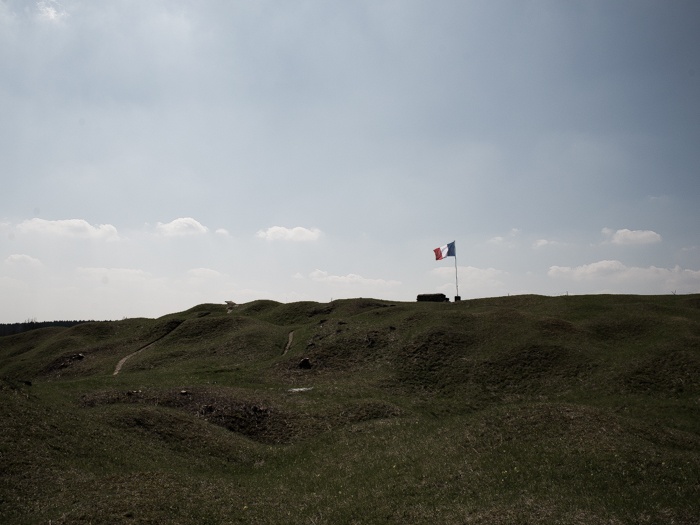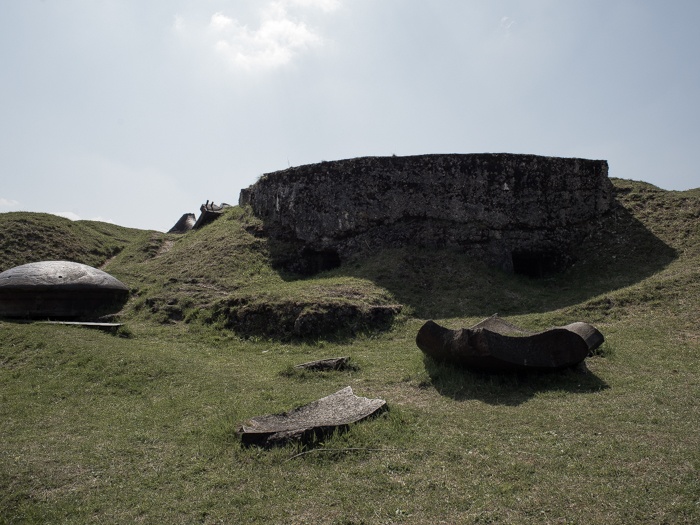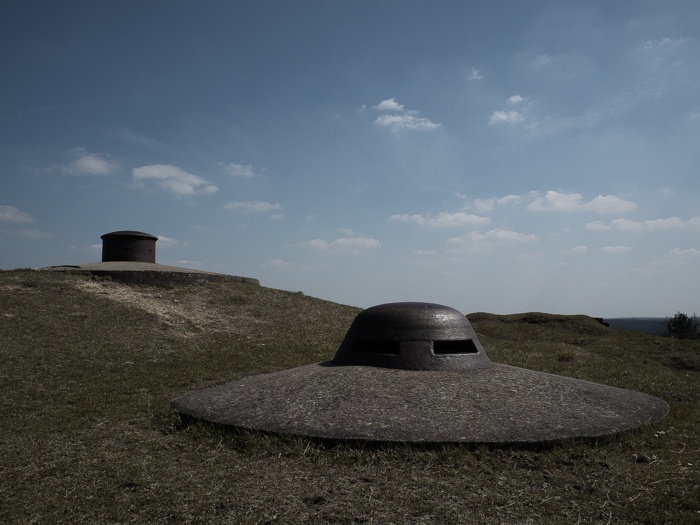Village Detruit
Verdun, France
As one of the longest and one of the most devastating battles in the First World War and the whole history of warfare the Battle of Verdun can indeed be used to impressively exemplify and demonstrate the absurdity of war.
The battle, fought between the German and French armies, lasted from February until December 1916 and caused over 700,000 casualties, though modern estimates increase this number to over 950,000 (dead, wounded or missing). Never before or since has there been such a lengthy battle, involving so many men, situated on such a tiny piece of land, which consisted of no more than ten square kilometers.
No tactical or strategic advantage had been gained by either side. The only real effect of the battle was the irrevocable wounding of both armies and the death of hundreds of thousands of human beings. But the battle had already degenerated into a matter of prestige for two nations literally fighting for the sake of fighting.
Verdun today seems somehow at peace, but its past is still omnipresent as if the whole area was an ample, permanent memorial. Hills and woods were tortured by trenches, furrowed by bomb craters and surreal ruins of destroyed villages can be found all over the region, if you make the effort to look for them.
Beaumont-en-Verdunois, Bezonvaux, Cumières-le-Mort-Homme, Douaumont, Fleury-devant-Douaumont, Haumont-près-Samogneux, Louvemont-Côte-du-Poivre, Ornes and Vaux-devant-Damloup, all of those villages are today categorized as “village detruit”, destroyed villages.
Seeing all these ruins of villages devastated one hundred years ago, searching for the remains of what should never be forgotten, walking the dark tunnels of the Forts Douaumont and Vaux leaves you with an uneasy feeling and a valuable impression of how direful the life and fate of the soldiers must have been, French and German, relying on their commanders, fighting and dying for their countries – fighting and dying for the absurdity of war.






















